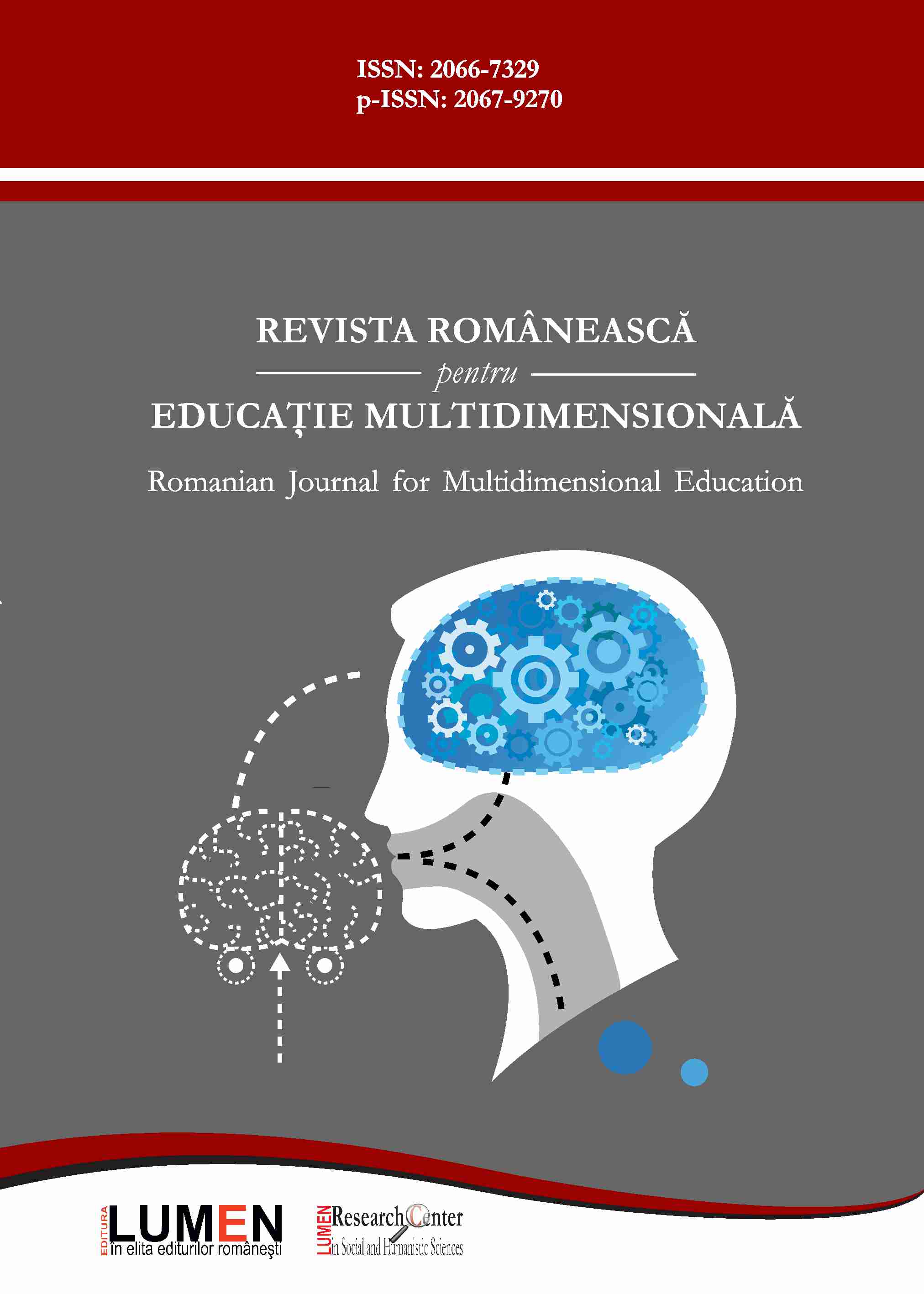Implementing the Course “Human Rights” for Children with Special Needs under the Changed Socio-Educational Conditions
Implementing the Course “Human Rights” for Children with Special Needs under the Changed Socio-Educational Conditions
Author(s): Borys Maksymchuk, Iryna Sarancha, Andrii Husak, Oksana Avramenko, Iuliia Kuzmenko, Vasyl Kuzmenko, Nina Slyusarenko, Liudmyla Chepurna, Vasyl Pankevych, Inna Babii, Iryna MaksymchukSubject(s): Social Sciences, Education, Human Rights and Humanitarian Law, Inclusive Education / Inclusion, Pedagogy
Published by: Editura Lumen, Asociatia Lumen
Keywords: cerebral palsy; educational-correctional conditions; musculoskeletal disorders; international legal acts; legal knowledge; legal behaviour; specialized course on human rights;
Summary/Abstract: The article shows that a postcolonial society provides ample opportunities for realizing the rights of children with special needs. However, they are often uninformed and not even motivated to assert their rights, especially in post-Soviet republics. As part of the research, a specialized course “Human Rights” has been implemented in the educational process under the changed socio-educational conditions (rehabilitation centres). After its implementation, the authors of the article performed a relevant evaluation to verify the effectiveness of the specialized course and the specially created conditions in terms of improving legal knowledge and competencies in children with special needs, compared to those who are in normal circumstances. The course was designed for young people, aged between 14 and 19, from the Vinnytsia Centre for Social Rehabilitation of Children with Special Needs “Promin”, who were diagnosed with cerebral palsy (CP). The implementation of the course involved the use of business games, training sessions, visual aids (educational films, pictures, posters, photographs), art therapy, visual art therapy, music therapy. People with MSDs have managed to enhance their knowledge about human rights and relevant legal acts, as well as state-owned institutions protecting human rights, develop their ability to assert their rights and write complaint letters to appropriate institutions, improve their attitude towards honour and dignity of other people, as well as the duty of being conscious citizens in modern society and shape understanding about the prospects of their adulthood.
Journal: Revista Românească pentru Educaţie Multidimensională
- Issue Year: 14/2022
- Issue No: 3
- Page Range: 428-443
- Page Count: 16
- Language: English

